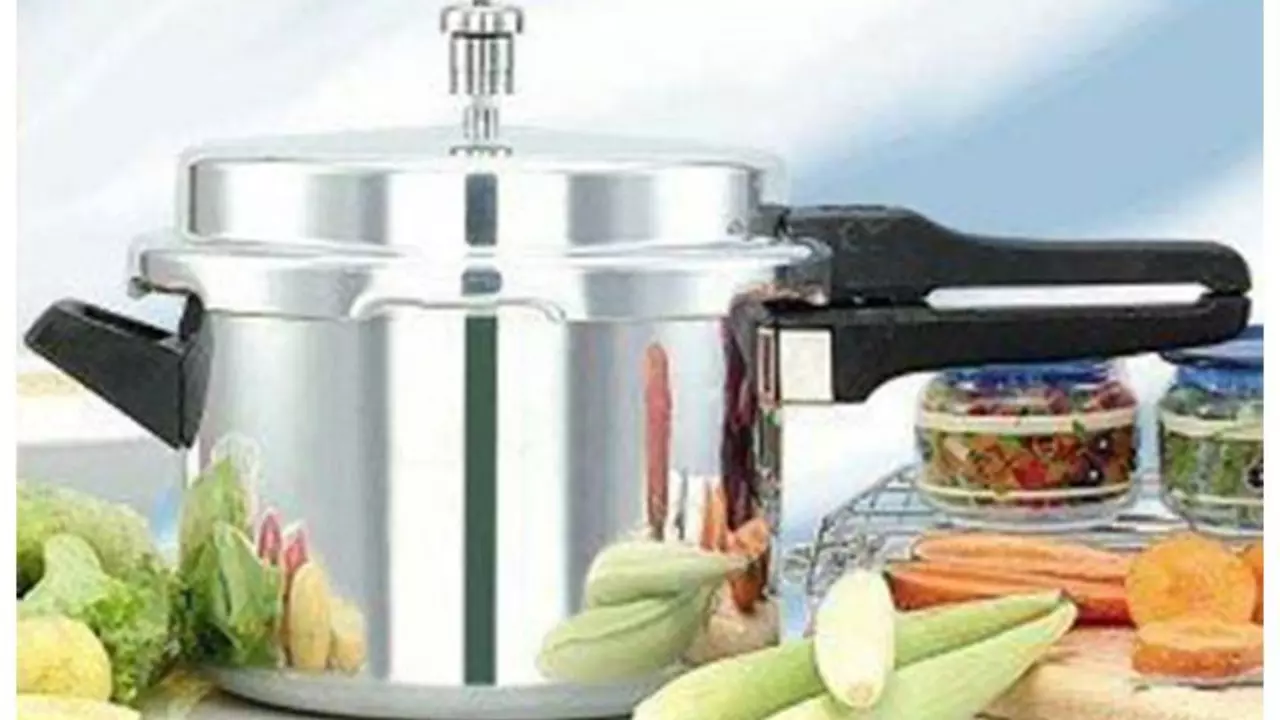
Understanding Aluminum Cookware
I remember the day I bought my first rice cooker. The smell of freshly cooked rice took over my house and my excitement was through the roof. The prime factor that drew me to this rice cooker was something both simple and budget-friendly – its aluminum pot. I laid out my budget, ticked off the boxes of my requirements, and voila! My home welcomed a shiny new aluminum rice cooker. But then, a question began to nag at me: Is an aluminum rice cooker safe? Well, dear readers, I decided to dig deep and find out, and I am here today to share my findings.
Aluminum – Bane or Boon?
Aluminum is a reasonably priced, lightweight material, which makes it a popular choice for use in a diverse range of kitchen appliances, including rice cookers. The bright, silvery finish of an aluminum pot is an aesthetic pleasure that no cooking enthusiast can deny. But what about its safety?
Aluminum exposure has been linked to certain health concerns. Over time, foods cooked in aluminum pots can absorb small amounts of aluminum, leading it to enter our bodies. While our bodies can handle certain levels of aluminum without any severe harm, an excessive accumulation can potentially cause health issues such as kidney problems or neurological disorders competing in the same league as Alzheimer’s disease, or so goes the conventional belief.
Scratching Between the Lines
A bit of cooking wisdom I’ve learned from my collie, Gus: if you stare hard enough at your food, it will cook faster. This applies to understanding your aluminum rice cooker as well. If you have often used steel utensils or abrasive cleaning methods on your aluminum rice cooker, you may have noticed tiny scratches on its surface. These cuts, dear readers, are the way gateways to potential aluminum leakage into your food. Also, foods rich in acids or salts have a higher probability of drawing out aluminum from your cooker.
the Art of Seasoning an Aluminum Pot
While Gus anxiously waits for his dinner, I take the time to season my aluminum rice cooker pot. Seasoning is the process of pouring hot water into the pot, boiling it, and then tossing out the water. This ritual eliminates any residues or microscopic aluminum wedges left from the manufacturing process. So before you start cooking those fluffy grains of rice, give your cooker pot a hot water vacation!
Waiting for the whistle: Aluminum vs. Stainless Steel cookware
I have used both, and I see why there is a constant debate when it comes to aluminum vs. stainless steel cookware. From a pure durability standpoint, stainless steel wins with its anti-rust properties and scratch-resistant surface. However, from a cooking perspective, aluminum is king. Aluminum conducts heat more evenly compared to stainless steel, which can lead to a more consistent cooking experience. So, it really boils down to what you prioritize more when cooking.
A Personal Chat about Cookware Materials and Gus
Health always comes first. Over time, I’ve tried to go for a safer type of cookware as much as feasible. I've leaned more towards something non-stick or even clay pots, and let me tell you, the rice tastes fantastic! There was this one time Gus put his paw in an unattended clay pot. Now that was an adventure!
Conclusion: Is an Aluminum Rice Cooker Safe?
Everything, including aluminum pots, used in moderation should pose no significant health risks. It's all about cooking responsibly, and understanding that your health is heavily influenced by what you cook and how you cook it. The decision for aluminum or any material of cookware is a personal one, but you must be well-informed. And remember, even if it does take longer to cook rice in a stainless steel or clay pot, anticipation only makes Gus and me drool more!
